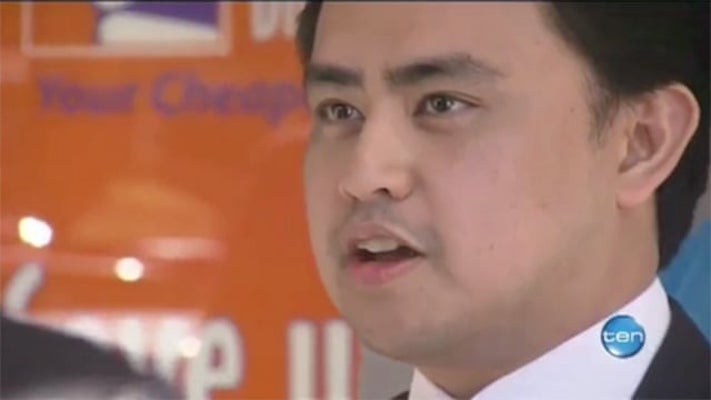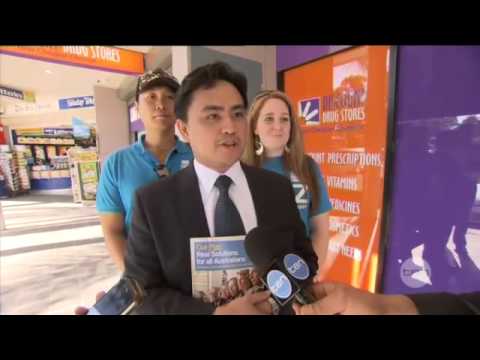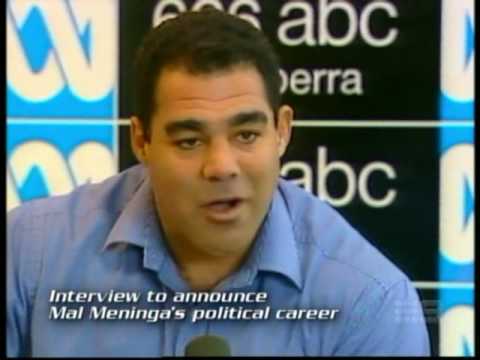Often political media interviews are boring or frustrating to watch, but sometimes the results are even painful to watch, fun to share with others for laughs, shocking or just plain embarrassing. Rarely though, are they what a business owner or the leader of a charity or not-for-profit would aspire to be like in a media interview.
Need a refresher of what to avoid (or some amusing viewing)?
Here are two of the worst political interviews:
Most bad interviews are either the result of:
- A political candidate who is more enthusiastic, than they are informed;
- Something occurring or being announced that changes the context of your interview or negatively impacts the perception of you and your party; or,
- Not being prepared for an interview or participating in an unexpected questioning by a journalist.
..
Notice that one of the reasons that interviews can go wrong was not a bad interviewer or negative questioning by an aggressive journalist. An interviewee always has the choice to either not do an interview at all, or to take the time to prepare well.
So as a business owner, how can you avoid giving a media interview that looks a little like these embarrassing interviews with political candidates? The answer is: preparation.
There are many things you can’t control in an interview. This makes controlling what you can, all the more important.
Details of the interview
Firstly, you need to work out how the interview will be conducted and what the purpose is. Ask sensible questions such as when the journalist’s deadline is so you don’t let them down, and find out how the interview will be used. For example, if the interview will form part of a larger article – what is the article about, what is the journalist hoping to learn from you, and will others also be interviewed for the piece?
With answers to those questions, you are already on your way to being able to prepare for the interview. Even if you only have a few minutes to prepare, it means that you won’t be caught off guard and you will be more useful to the journalist.
Don’t forget, most journalists are not out to stump you, but if you have not prepared and don’t know the answers to basic questions, then you are not helping them do their job and you are not likely to receive another interview request in the future, let alone the positive coverage you were imagining.
Preparing for the interview
Like a game of football, there are two sides to every media interview.
On Team A we have ‘the journalist’. Let’s call her Jenny. Jenny changes her game plan all the time. Sometimes she’s nice and passes the ball gently to Team B (that’s you). Sometimes she’s unreasonably aggressive and knocks you flat on your backside en route to the goal post. Jenny’s boss is on the sideline, yelling ideas at her and urging her to remember her audience who are stuffing their faces in stands 1-7.
On Team B we have you. All you want is for Jenny to make you and your business look good. You’re not asking for much, are you?
It all depends on which version of Jenny you get. Again, it comes down to controlling what you can and having a game plan.
Once you’ve found out what the journalist wants to get out of the interview, get your aim straight in your mind. Ask yourself:
- What is the journalist likely to ask you and are you contending with a negative interview or misconceptions?
- What do you want to happen as a result of the interview and what do you want people to think, feel or do? i.e. What is your call to action?
- Who is going to be reading, listening or watching the interview and which of these people do you want to influence?
Based on these aims, you can plan what you want to say in the interview and even prepare some responses to anticipated questions.
To make sure you get straight to the point in your interview, also prepare 3-5 short key messages that are backed up with evidence or examples. Make yourself familiar with these points so that they form the core of your responses.
A good answer to a question contains:
- a key message (the basic point you want to get across);
- a reason (some background information confirming why your key message is accurate/relevant), and;
- evidence (a statistic, fact or anecdote that backs up your key message).
Remember, the aim is not to sound like a politician, spurting out rehearsed slogans or not answering the questions properly. The aim is to give an interview that is informative, authentic and answers the questions well, while getting your point across in a concise and compelling way.
With correct preparation and practise, you can avoid having your interviews shared and syndicated across multiple media outlets for all the wrong reasons.
Now if only politicians and political candidates took note of this advice…
About the author

Phoebe Netto is the founder of Pure Public Relations, a PR firm that focuses on outcomes, not output – it’s pure and simple. For over ten years, Pure Public Relations has been bringing big business experience to SMEs and not-for-profits. purepublicrelations.com.au



